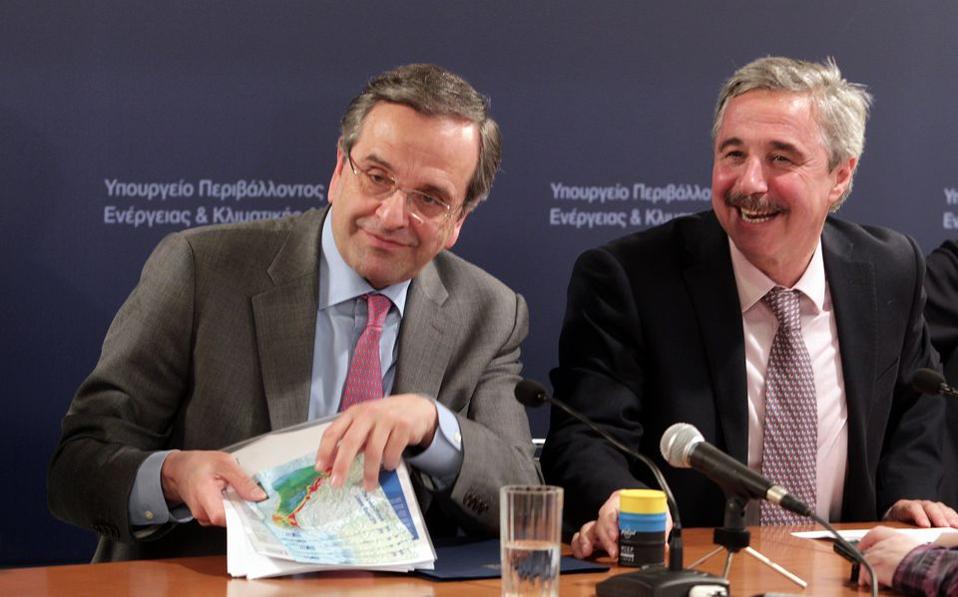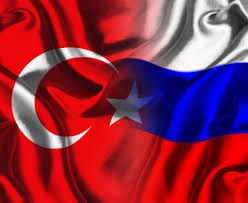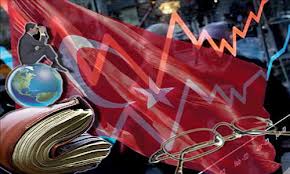By Christopher Coats, Forbes
Intent on establishing a solid role for Greece as an energy actor in the Eastern Mediterranean, Prime Minister Antonis Samaras promoted the country’s transport potential for natural gas while in Azerbaijan, home to significant and active reserves.
“Greece improves its positioning and enhances its role in the international energy scene, becoming a ‘hub’ for Southeast Europe, as well as continental Europe,” Samaras said, according to local press reports.
Samaras’ presence in Azerbaijan came on the 20th anniversary of the country’s natural gas agreements centered on the Shah Deniz field. The prime minister took the chance to promote Greece’s potential as a regional transport hub, including increasing storage capacity at its LNG terminal and improvements to port infrastructure.
While the focus of the weekend’s events was the eventual movement of natural gas from Azerbaijan to the wider European market by way of the Trans Adriatic Pipeline (TAP), Samaras took the chance to highlight the country’s possible production history, including a second round of offshore concessions.
Long dependent on energy imports to meet domestic demand, Greece has recently moved to promote the country’s own potential, including recent comments from Samaras himself to the international community, boasting of 4.7 trillion cubic meters of gas in local waters – enough to one day provide up to 25 percent of European demand, according to the Prime Minister.
Although the size and potential of the country’s domestic production capacity has been called into question by critics at home and abroad, its transport role has been increasingly highlighted by a host of regional factors.
This past week, Bulgaria began talks with Athens to address the possibility of a drop off in natural gas imports due to the ongoing instability and violence in Ukraine. Both Bulgaria and Greece look to Russia for natural gas imports, making them especially susceptible to any product disruptions.
“We are working to reverse natural gas via an existing gas pipeline with Greece as we could receive additional quantities between 1 to 3 million cubic meters per day,” Bulgaria’s Interim Economy Minister Vasil Shtonov told Reuters.
Over the last three years, Athens has also made a concerted effort to lay claim to the Eastern Mediterranean’s recent energy rush. Earlier this year, Athens entered the transport conversation by offering a tender for a pipeline project that would transport about 8 billion cubic meters of gas into the European market from offshore fields controlled by Cyprus and Israel. According to a Reuters report, the project would link Israel’s Leviathan natural gas field to Europe by way of Greece through the IGI-Poseidon pipeline, managed by Italy’s Edison and Greece’s state-backed utility, DEPA. This week’s trip allowed Samaras to continue this transport push.
“Greece improves its positioning and enhances its role in the international energy scene, becoming a ‘hub’ for Southeast Europe, as well as continental Europe,” Samaras said, according to a ANA-MPA report.
Samaras and Greek proponents of the country’s transport role are betting that a concerted effort by the European Union to diversify energy import options will shift more focus towards producers like Azerbaijan. Faced with increasing uncertainty among traditional producers like Russia and MENA state actors, the EU has worked to broaden their resource base in recent years.



















